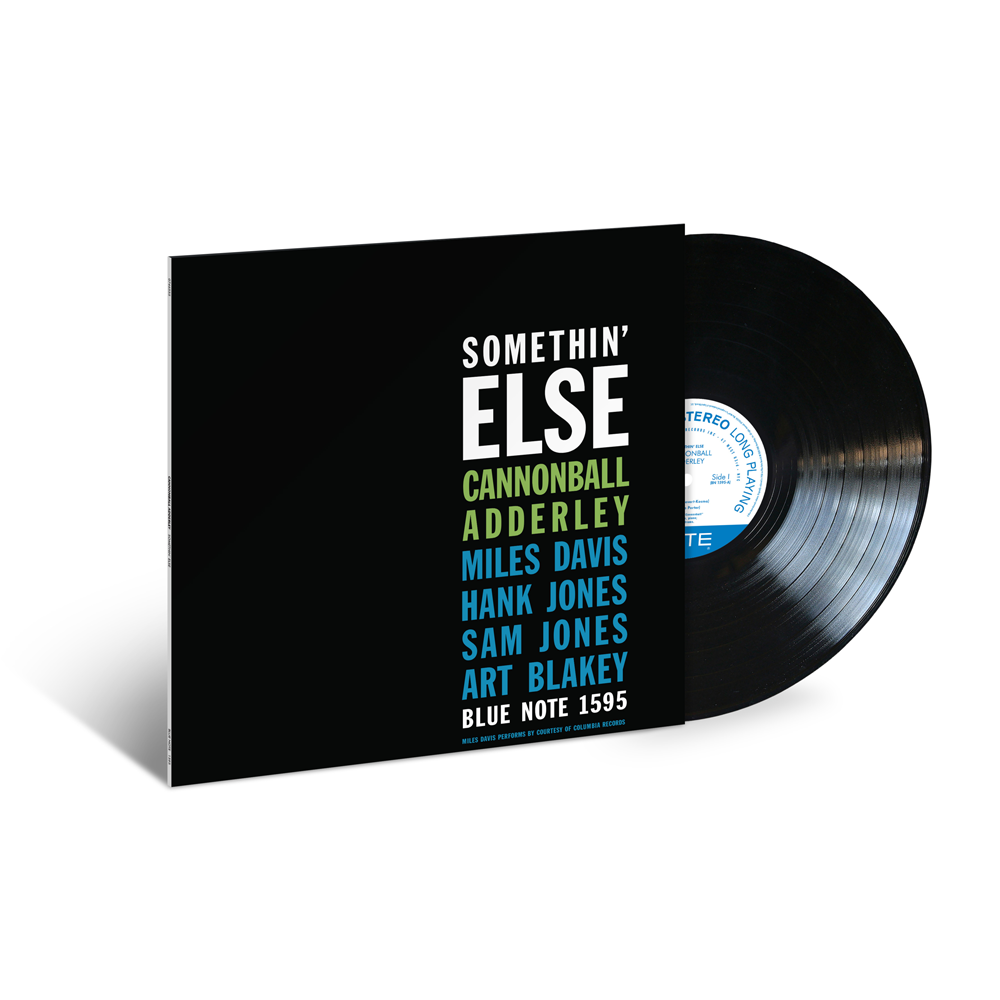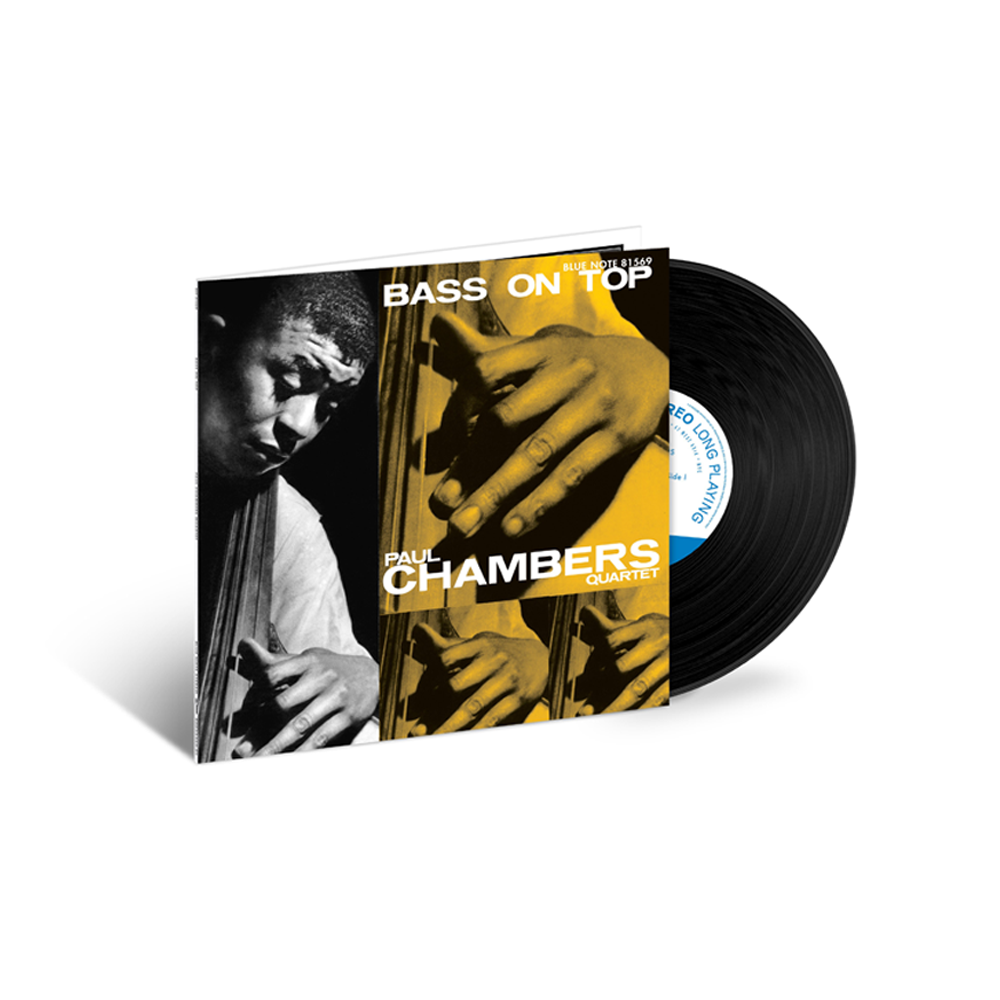Yes.
Also, while I don't know what drove Rambach, Harley, Gray, Cuscuna etc to set up MMJ or to make the eventual changes. I am confident that:
1. They produced quality work during a long period where it wasn't as sexy
2. The work they did helped make possible a broader revival
3. They didn't exactly have some big pay out -- be it licensing, or Blue Note taking it internal, or whatever -- MMJ wasn't some giant IPO where they all got rich. My guess is that some of them had the chance to become employees (or contactors) and continue doing something they loved. Yay....hourly!
I don't love the what happens with the MMJ approach and stopped buying the subscriptions -- and hey I did 3 years -- and I was really bummed when the business model changed. I'm guessing though that it changed because it didn't work for them anymore and they don't own the content.
I've seen a lot of shops, restaurants go out of business this past year. Some of those were passion projects that while they were viable made good sense and money. Then things shifted. Some ended with grace and some ended hard.
I don't love what MMJ did with their approach, but I am very grateful that the stakeholders helped keep alive something that is special to me during stretches where it wasn't so cool and profitable.
What drove them initially was that Rambach had made his money as a seller of Blue Note originals, mainly to a very well heeled clientele that could afford $1500 for a first press of Cool Struttin, and wanted to produce the ultimate tribute to RVG, Lion and Wolff. It was entirely altruistic. Cuscuna was just the paid source of the pictures, and Gray was the hired hand contracted for mastering. Initially, they used Hoffman as well, simply because as a new venture, they needed his name to attract his syncophants. They also chose 45 rpm for the same reason - a marketing gimmick to differentiate themselves from the Classic mono series at 33. Fairly quickly Hoffman became more a deteriment than an asset, so he was gone.
Then it all changed. They were successful, and selling well through Elusive Disc as the distributor - but weren't making much money. Rambach noticed that what he had made his money doing - flipping records for huge sums - was happening to Music Matters, and he wanted in on the action. With the 45 series ending, he had an opening to go the direct route.
By that point, Harley wasn't involved much. Although Harley had huge impact on the sonics of MM, particularly after they got rid of Hoffman, he wasn't involved much past the 45 series. Rambach wanted to have his initials in the deadwax. He wanted to control the market so he could implement flexible pricing, i.e. charge what he could, when he could. He played FOMO with the SRX by making dubious claims, which was his way of squeezing the last dollars out of his licenses while he could.
They did have a significant impact. First, they forced others - particularly AP - to up their game. I agree that without MMJ, Tone Poets would never have popped into Don Was' head. Without MMJ, BN80 probably would have been shitty digital cuts, and the new Classic series would not have happened.


